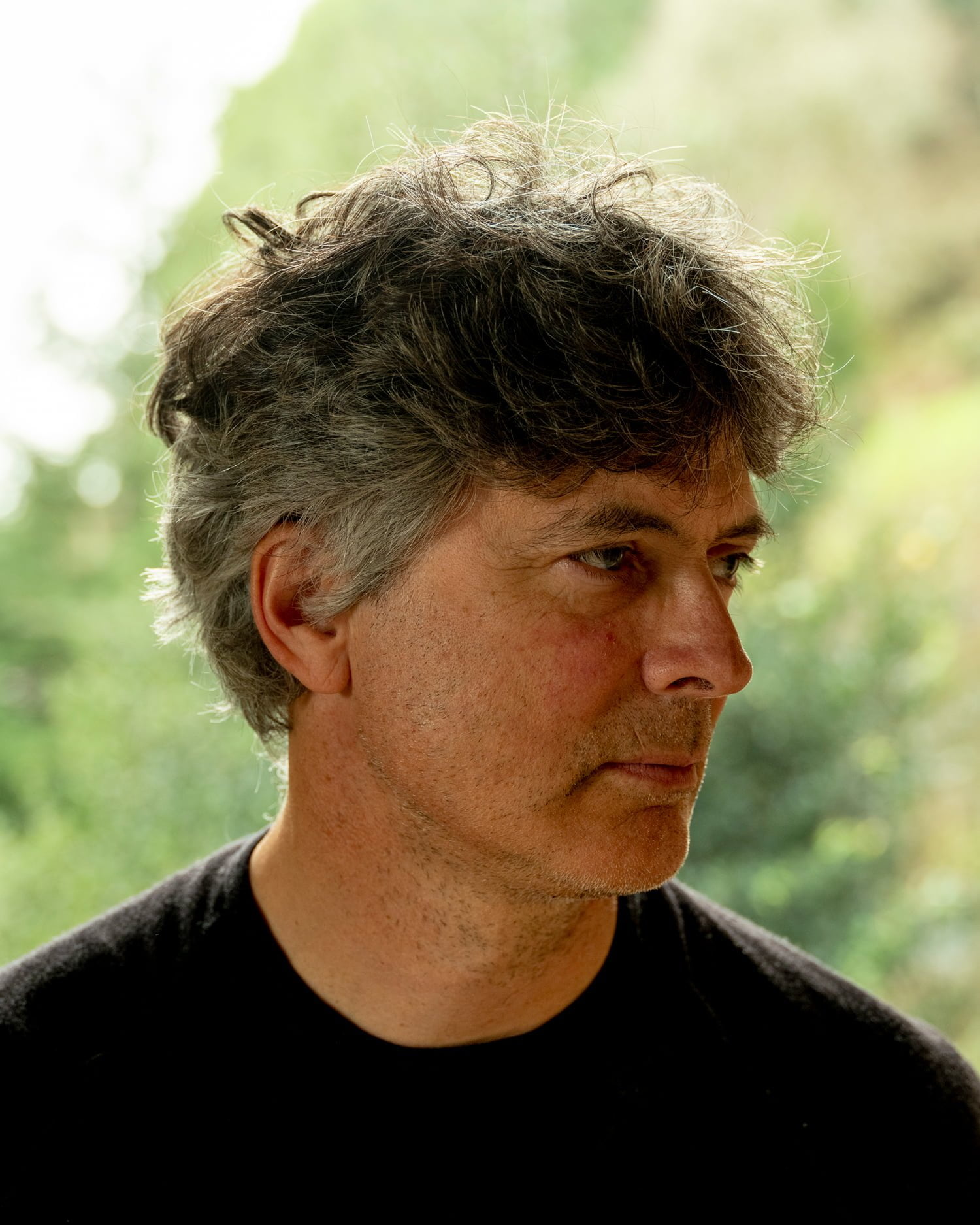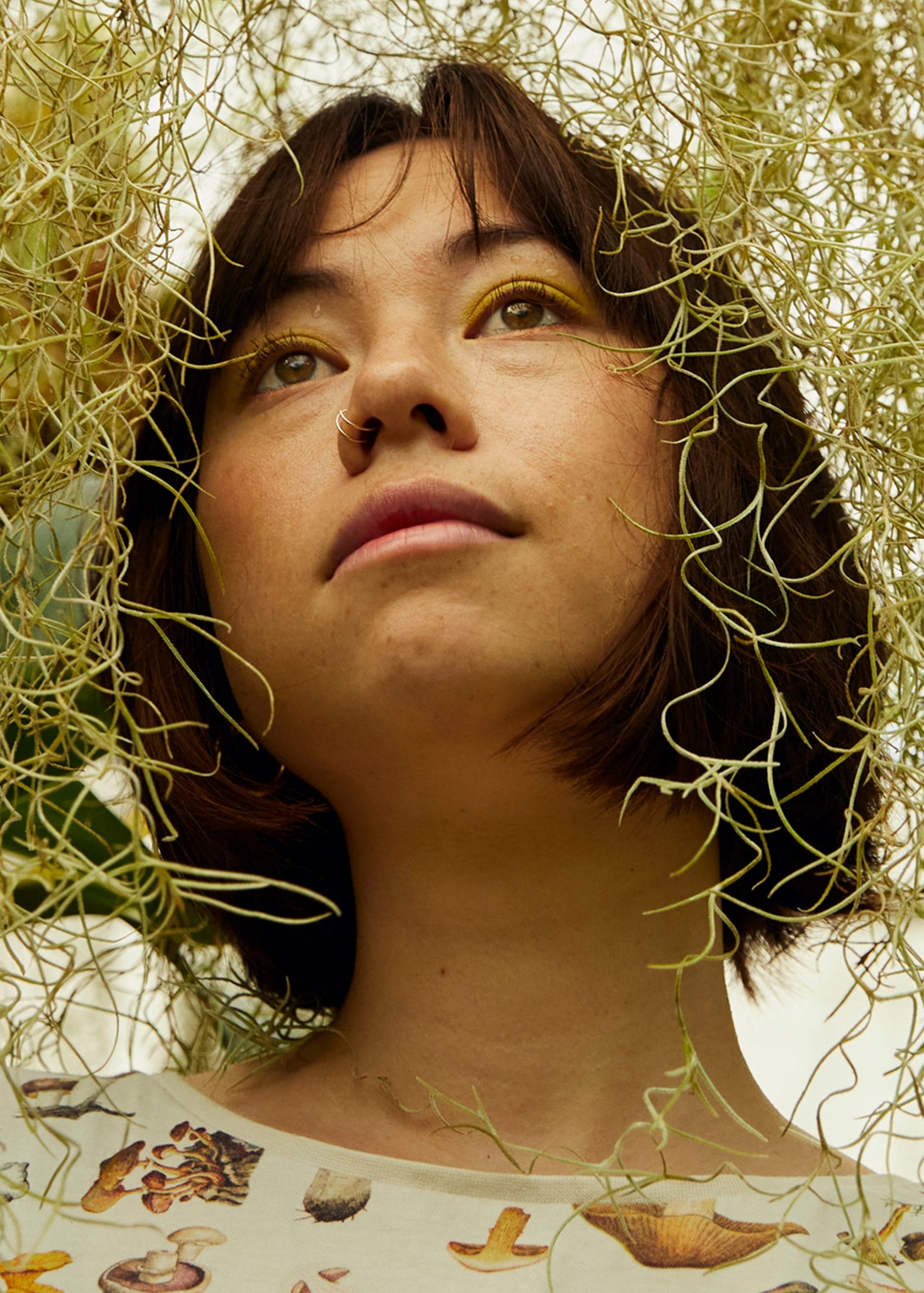Science is revealing that the benefits of spending time in green space are bigger than you might think.
Humans love nature. We can’t help it.
We all know how it feels to lie in the grass gazing at the sky, stand on a beach listening to the waves, or feel the forest floor crunch beneath our feet as we walk. Even though we spend much of our modern lives indoors and in front of screens, being surrounded by green still holds a special power.
Amid our current climate and biodiversity crisis, safeguarding nature is vital. But on top of that, science is showing that spending time in nature can make a tangible difference to how happy we are, how we perform at work, and even how long we live.
Having green space near your home can extend your life by two and a half years. That’s the conclusion from a new study by researchers at Northwestern University in the US, which found that people who had more access to nature aged more slowly.
“When we think about staying healthy as we get older, we usually focus on things like eating well, exercising and getting enough sleep,” said Kyeezu Kim, one of the study’s authors. “However, our research shows that the environment we live in, specifically our community and access to green spaces, is also important for staying healthy as we age.”

Another study published earlier this year by researchers in Finland looked at the effect of spending time in nature on people’s need for medication. They found that three to four visits to a green space per week equals a 33% cut in use of antidepressants, 36% reduced use of blood pressure medication and 26% less use of asthma medication.
The science on the benefits of nature is clear enough that doctors in the UK, Canada, New Zealand and Japan are now giving ‘nature prescriptions’ to people with conditions such as anxiety, depression, diabetes and obesity. As part of their treatment, patients are recommended to spend time walking in their local park.

The benefits can also be felt in workplaces that bring the outdoors indoors by incorporating plants, natural light, green walls and aquariums. According to one study from employee wellbeing consultancy Human Spaces, workers in environments with more green are 6% more productive, 15% more creative and report a 15% higher level of wellbeing.
Apple’s ring-shaped HQ building in California is a famous example of what is known as ‘biophilic design’. Its shape brings in natural light from all angles, and thousands of trees have been planted in and outside the ‘donut’. The same kinds of principles can be applied in any office or home.
For kids, more green can mean a happier childhood. That was the conclusion of a large study conducted in Denmark. (And before you ask, it’s not just because people in greener areas had more money: the researchers adjusted for this, looking at people with a range of incomes in areas with more and less green, and they still got the same conclusion.)

Our modern obsession with smartphones doesn’t seem to be helping. In countries where people use their smartphones less, they tend to also feel a stronger connection with nature – although it’s hard to know how much of that is down to phones pulling people away from nature, and how much reflects the abundance of nature making phones less appealing in the first place. Those who love using their phones to document their lives on social media should know that people who take nine or more selfies a week have a significantly lower connection with nature.
The great news is that you don’t have to climb a mountain or walk into the wilderness to get the benefits. Simply looking out of a window or even at a picture, can be enough. Just 10 minutes can boost positive emotions and reduce negative ones, but two to three hours per week is even better. The more green you get, the bigger the benefit.










